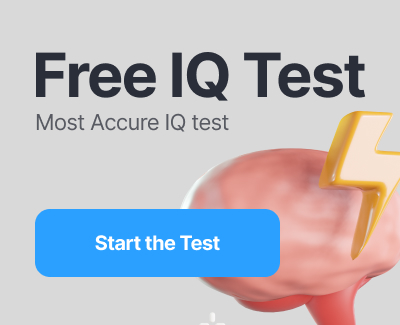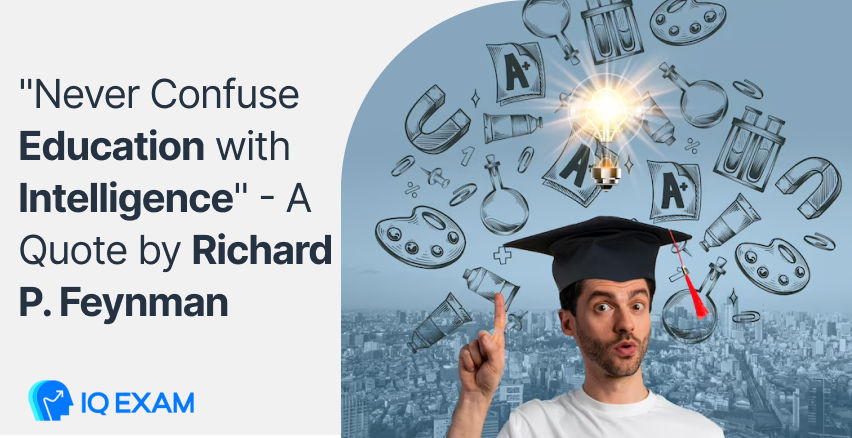
Recognizing the significant relationship between education and intelligence is crucial because while they are often intertwined, they are not synonymous.
Education is the structured acquisition of knowledge, usually through formal institutions, whereas intelligence reflects the capacity to apply that knowledge in a meaningful and adaptable manner.
This guide will examine the relationship between education and intelligence, shedding light on their unique roles in shaping individuals and societies. But most importantly, we will learn more about these based on a famous quote by Richard P. Feynman.
The meaning of “Never Confuse Education with Intelligence”
Richard P. Feynman, a brilliant physicist, and Nobel laureate, left a legacy among his many thought-provoking insights, “Never confuse education with intelligence; you can have a Ph.D. and still be an idiot,” which invites us to peel back the layers and explore the intricate relationship between education knowledge and intelligence.
Feynman’s words challenge the common tendency to conflate education with intelligence, urging us to recognize that while education is a valuable tool, it is not synonymous with the broader concept of being intelligent.
As you may know, education is the structured process through which individuals acquire information and skills, often guided by established institutions. However, intelligence is a spectrum of cognitive abilities, including critical thinking, problem-solving, creativity, adaptability, and emotional intelligence. So, not everyone can learn these skills at school.
Besides, society tends to place a premium on degrees and certificates as indicators of one’s intellectual worth, but Feynman’s words remind us that this can be a limited viewpoint, neglecting the wealth of intelligence that emerges from life experiences, personal challenges, and unstructured learning.
In conclusion, Richard P. Feynman’s quote encourages us to embrace a broader definition of intelligence that defines a range of skills, experiences, and attributes.
Does Being Intelligent Mean You Are Smart?
The correlation between a high IQ (Intelligence Quotient) and being “smart” is a subject of inquiry that merits exploration. As you know, IQ is a numerical measurement of cognitive abilities, assessing logical reasoning, problem-solving, and pattern recognition skills.
You can assess someone’s IQ level using standard IQ tests to understand their abilities and skills in specific areas. However, you should note that equating a high IQ with being universally “smart” oversimplifies the concept of intelligence. Let’s take a deeper look at this question:
IQ’s Emphasis on Cognitive Metrics
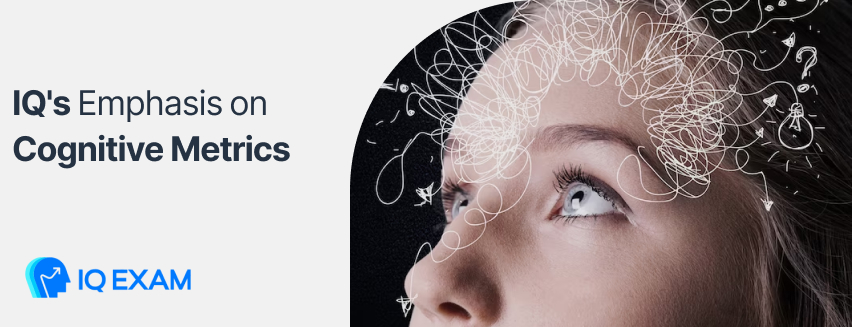
As mentioned, a high IQ signifies proficiency in the specific cognitive tasks evaluated by standard IQ tests. These tests often focus on analytical thinking, memory recall, and mathematical prowess, and those with high IQ scores demonstrate adeptness in these areas.
Context Matters
Someone with a high IQ might excel academically or in structured tasks yet need help navigating social interactions or innovative scenarios.
Remember that smartness requires cognitive skills and the ability to use that prowess effectively in diverse contexts. So, you can be a generally smart person without problem-solving skills.
Cognitive Skills And Practical Intelligence
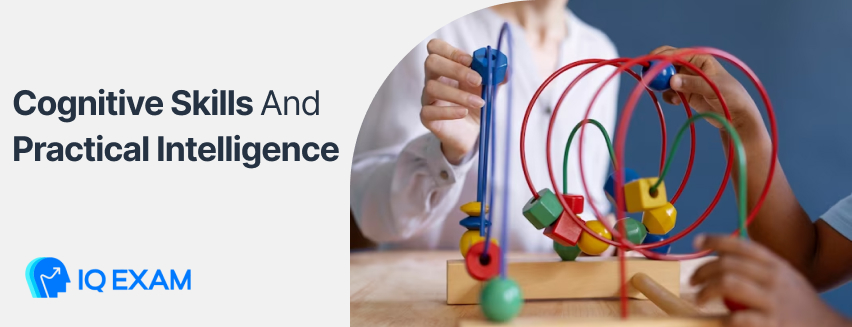
Intelligence is multifaceted, including linguistic, interpersonal, intrapersonal, and practical skills, and being smart implies efficiently applying this intelligence in daily life, encompassing skills such as communication, adaptability, and creativity.
Therefore, if you are a well-educated person with a high IQ score and can use your cognitive skills to solve your daily life problems, you are a smart person with a high IQ.
Does Education Guarantee You Are Intelligent?

As mentioned in the previous sections, intelligence and being clever are related, but each does not guarantee the existence of the other.
In this section, we will examine the cases that show whether having an education means being smart.
The Complexity of Smartness
Note that being “smart” involves more than textbook knowledge and means applying learned information creatively, making informed decisions, navigating real-world challenges, and interacting effectively with others.
Application and Adaptability
Smartness requires translating educational knowledge into practical scenarios because it involves adapting to new situations, finding innovative solutions, and learning from experience, which might not always be directly taught in formal education.
Multiple Dimensions of Intelligence
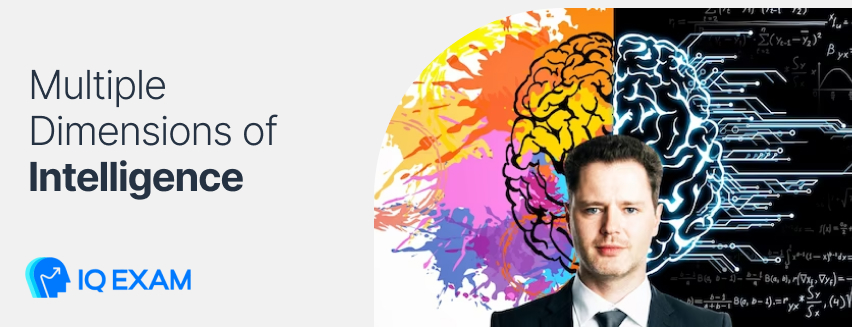
As said, intelligence comprises diverse forms, such as emotional intelligence, interpersonal skills, and problem-solving abilities. While education enhances cognitive abilities, being smart entails proficiency in a broader range of intelligence.
So, to be known as a smart person, you must use your cognitive skills and academic knowledge to solve various problems.
Lifelong Learning and Growth
Smartness evolves through ongoing learning, personal experiences, and exposure to various situations. Lifelong learning beyond formal education contributes significantly to one’s overall smartness.
Don’t forget that academic study and learning have a specific time at any point and eventually ends, but strengthening the skills related to people’s intelligence never ends, and people can continually improve their skills.
In conclusion, education is valuable but doesn’t automatically guarantee smartness, as it involves a multifaceted blend of acquired knowledge, cognitive abilities, practical application, adaptability, and continuous learning.
Conclusion
In conclusion, Richard P. Feynman’s quote, “Never confuse education with intelligence,” is an insight that urges us to go beyond formal learning and examine the nature of human cognition.
Besides, it reminds us that while education is undoubtedly valuable, possessing a wealth of knowledge does not guarantee a comprehensive understanding of the world or the ability to navigate its complexities effectively.
Lastly, Feynman’s words prompt us to consider the multifaceted dimensions of intelligence and understand that it extends beyond the boundaries of formal education to encompass emotional intelligence, creativity, and practical problem-solving skills often honed through personal experiences and real-world interactions.
